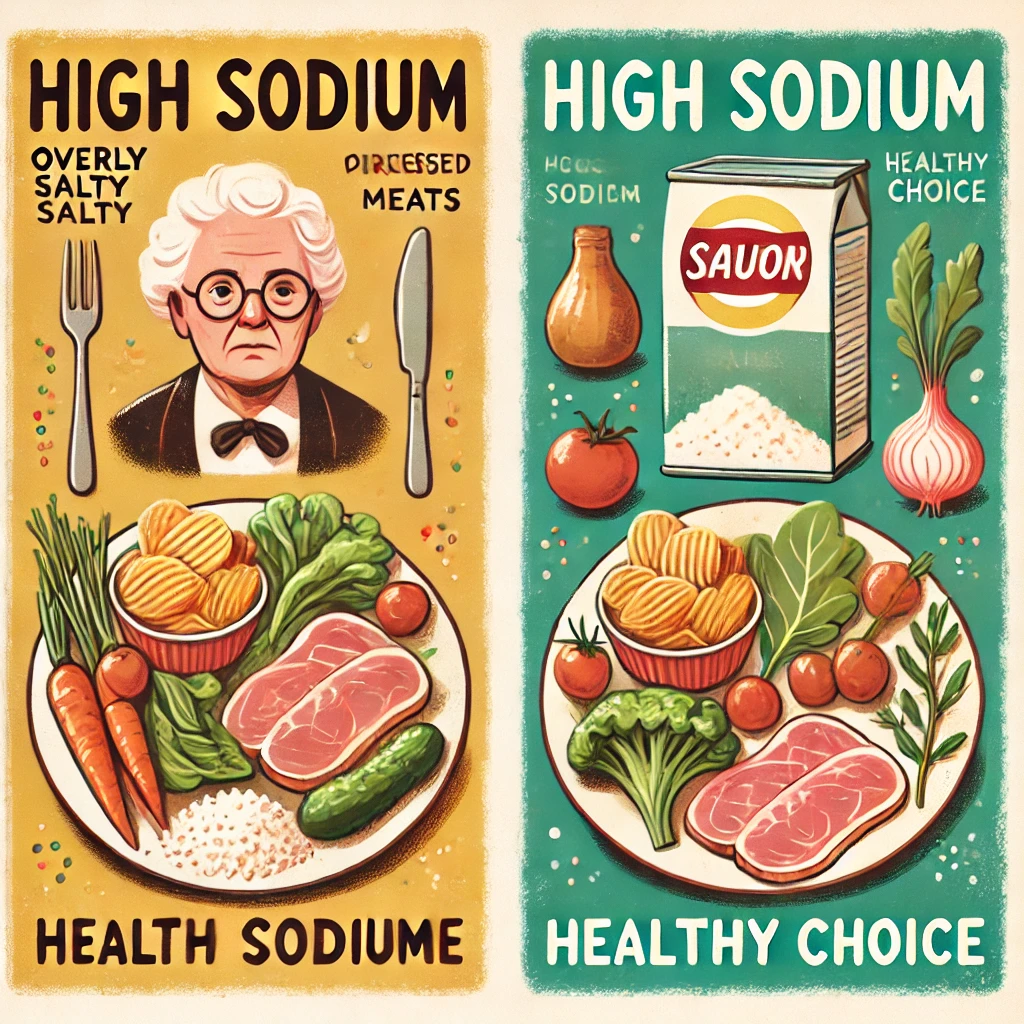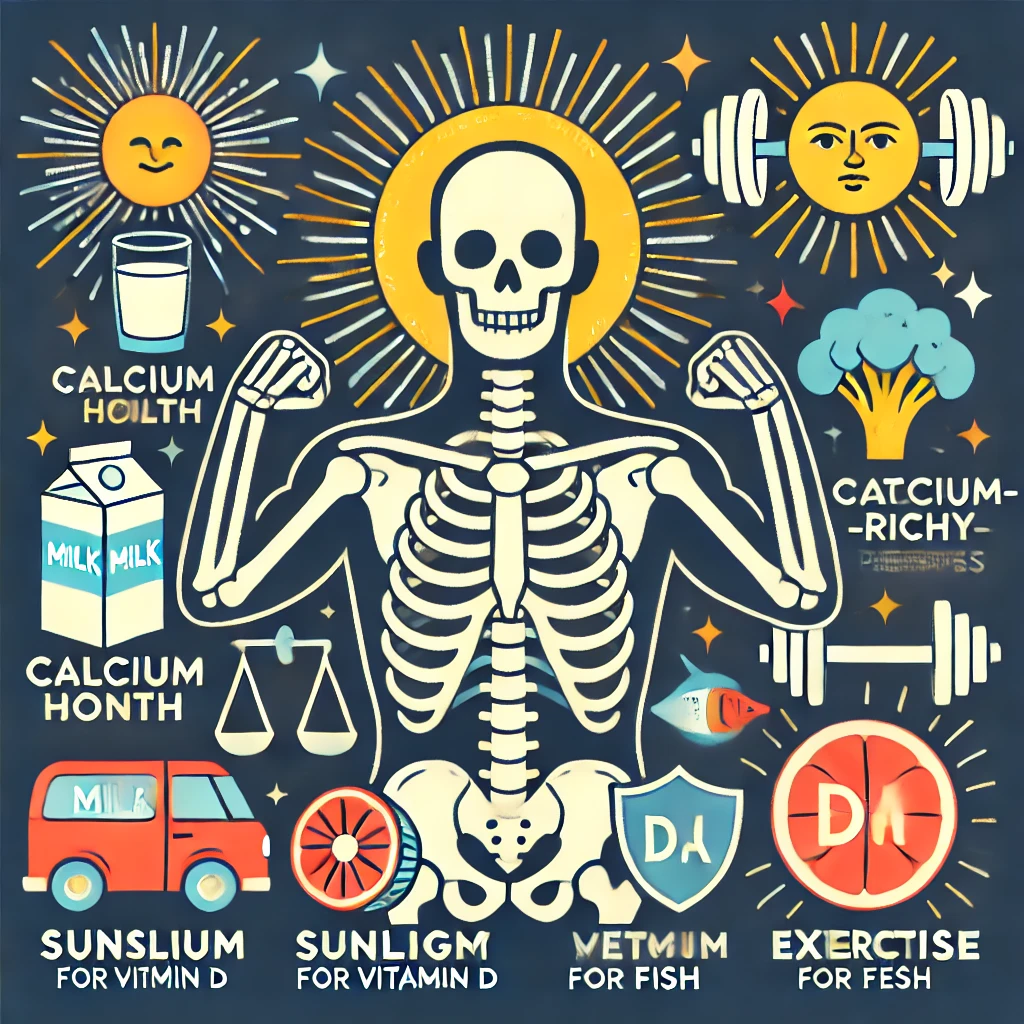Why a Low-Sodium Diet is Essential for the Elderly
Low-Sodium Diet, As we age, adjusting our dietary habits becomes increasingly important to maintain health. In particular, reducing sodium intake and adopting a low-sodium diet are key to preserving elderly health. This article explores why eating… Why a Low-Sodium Diet is Essential for the Elderly

